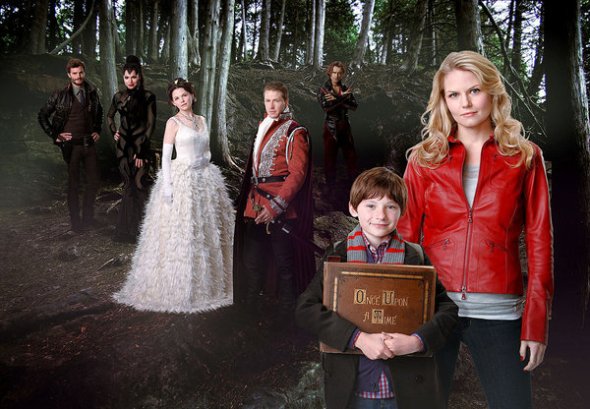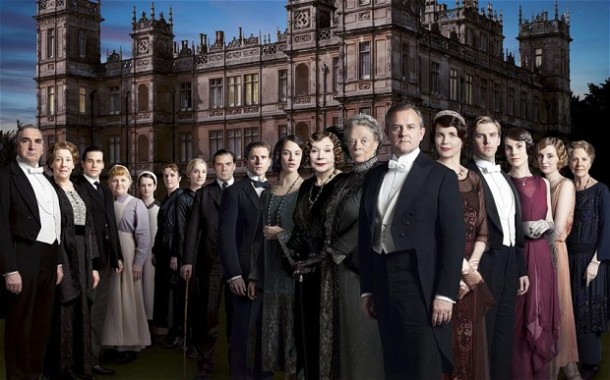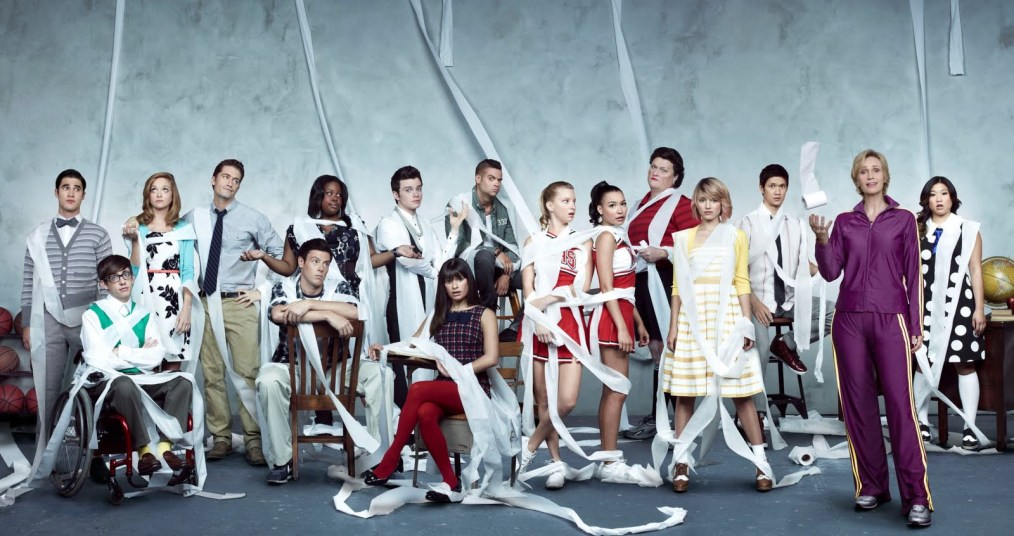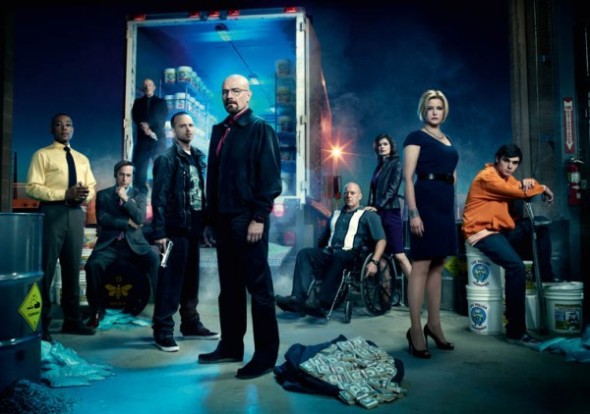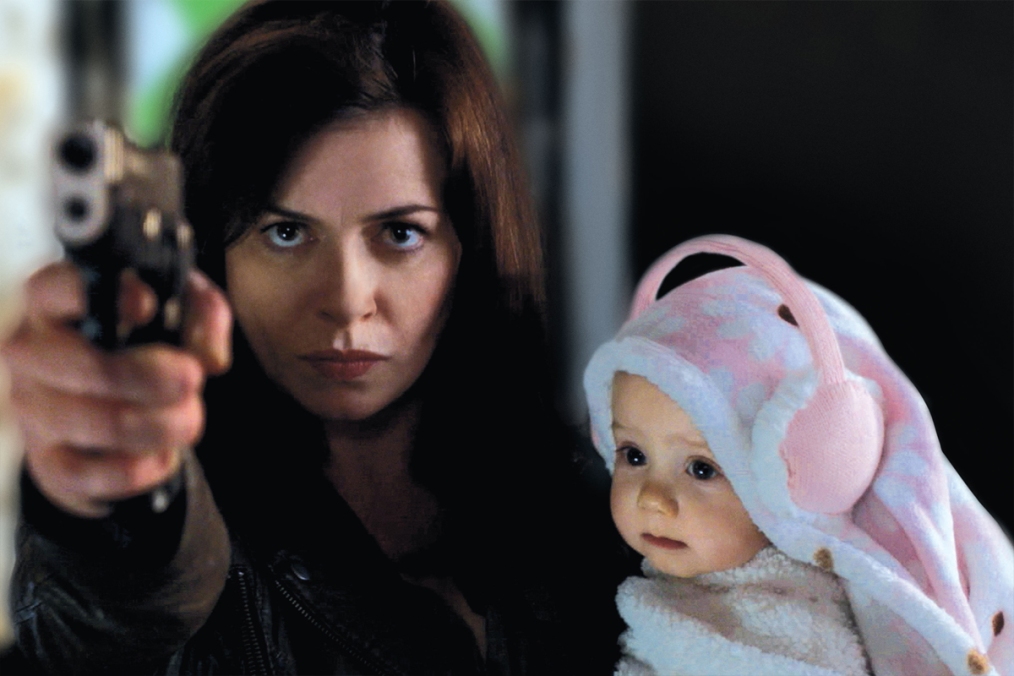Watching the latest episode of Once Upon A Time, it finally dawned on me the real problem with the show. And I‟m not the first to say it, but I can hopefully expand on why I think the show is failing, and it‟s not through lack of ambition. There‟s a constant weight over every episode – there‟s an arc at work. Before the show premiered, Adam Horowitz and Edward Kitsis said they have a planned 12 episode story, with an idea of what a full 22 episode first season would look like. This planning, something that‟s intimately occurred since the legacy of Lost began to mean something, has never been successful in accomplishing a good narrative.
Two of the most notable pieces of serialized genre fiction on TV are Buffy the Vampire Slayer and Lost. They don‟t share a lot, but one of the things they do and I think is intrinsic to their longevity is a sense of discovery and progressive world-building. It‟s a mythology that‟s prevalent and perhaps obvious in some cases, but not delved into till much further. In the case of Buffy, we don‟t even begin to learn about the Slayer mythos until season four and it doesn‟t even become even remotely directive to the shows until arguably places in Season 7. Now, Buffy was never a show about mythology. It used demons as metaphor, which makes it different to Lost. What Lost done, however, was indeed, start with a bang but not tell any other stories than who these people are in these circumstances (and who they were before).
By using existing fairy tales, Once is constantly drawing upon the viewerships own knowledge of the original stories and sometimes the Disneyified versions. As of right now, these are relatively one-note people. They are showing characters going from A to B. How Snow White met her Prince, how Jiminy Cricket became a, uh, cricket. It‟s a series of reveals informing the audience, but to no one else (Except, sometimes Henry, but he‟s another hole that I don‟t want to touch – and one that Oliver Sava did in his review of last week‟s episode over at The TV Club.)
One of the most magical things about writing for TV is to let the ability to let the characters and actors inform themselves over time. Dan Harmon, the creator of Community, has said that he expected the chemistry on his show to take double the amount of time and always hoped to achieve an sandbox of a narrative. I honestly think only good things can come out of having little vague planning. This is not the absolute truth, but when you are attempting a soap – especially one burdened with a lot of mythology – it‟s always hard to get the right actors together. For instance, if Snow White had more chemistry with Aladdin, but was bound together to her one and only Prince Charming just because that‟s how the existing story played out then we most certainly have a problem.
This isn‟t something that can‟t be fixed, however, and I actually am hoping something like this will „break‟ the show after episode 12. The series opens itself up. It needs to, it absolutely needs to do something to survive and by cutting the ties to it‟s fairy tale world in some batshit mythological fashion, it would make the series a
lot better for it. People can make their own “Happy Endings” and they don‟t need to adhere to a “destiny‟.
Destiny is what I think the fundamental issue at hand is. It wasn‟t something introduced at the beginning of Lost, or one used in the Buffyverse early on but both those series introduced elements of fate and Always Gonna Happen universe powers. If we found out in episode 12 what we found out in the pilot of Once, I think we theoretically could have had a more compelling storyarc. Right now, I‟m just hoping that the stories of the future will live up to the impressive cast‟s abilities to, like, be human and stuff. Either way, I‟ll be watching.
